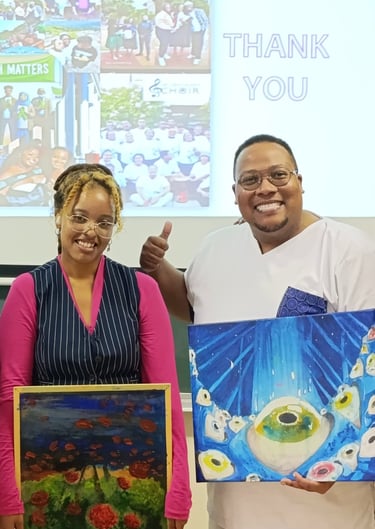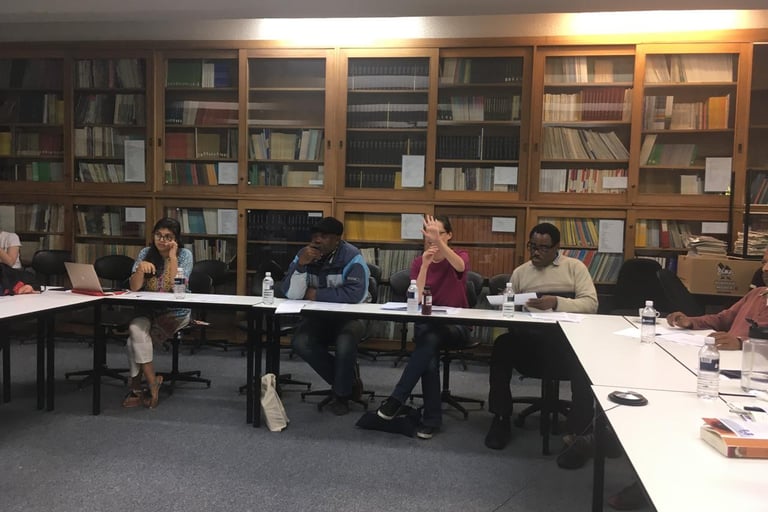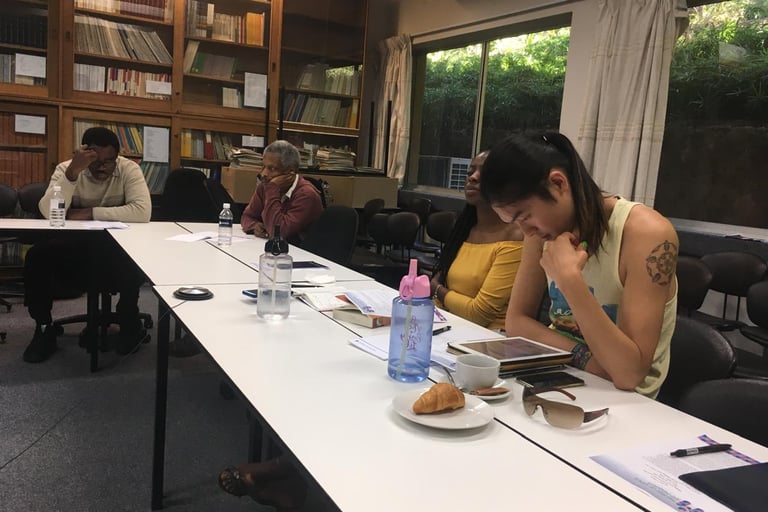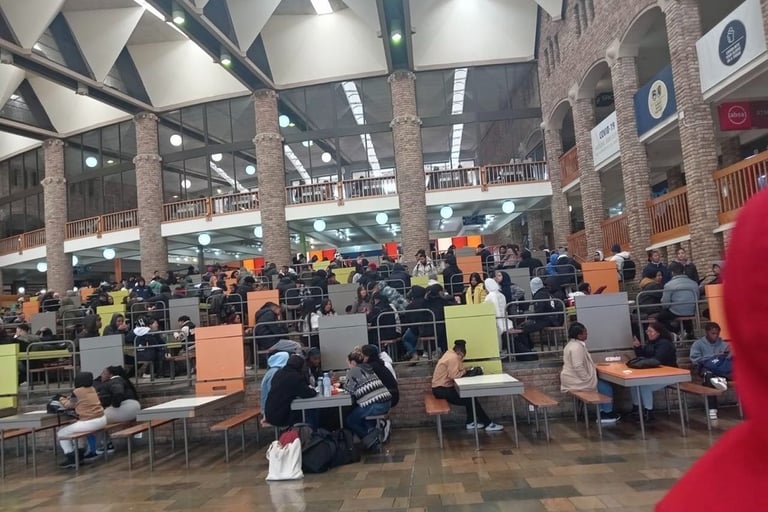I have had the privilege of teaching and supervising students at Stellenbosch University, the University of Cape Town, and currently, the University of the Western Cape (UWC). These experiences have provided me with valuable insights into the diverse and often challenging educational trajectories of South African students, particularly within the context of our country's post-apartheid transformation.
Despite the democratic gains made since 1994, the legacy of apartheid’s segregated and unequal education system continues to shape the higher education landscape. While significant strides have been made in widening access, for many young people, particularly those from under-resourced communities, tertiary education remains out of reach. Those who do succeed in entering institutions like UWC often do so against the odds, having faced systemic barriers and socio-economic hardships that leave them underprepared for the demands of higher education.
In response to this reality, my teaching practice is guided by a strong commitment to equity, inclusivity, and student-centered learning. I consider it essential to understand the lived experiences of my students and incorporate this understanding into my curriculum planning and teaching methods. At the beginning of each course, I administer a needs-assessment questionnaire to gain insight into students’ learning preferences, access to digital technologies, and their home or living environments. This allows me to make informed pedagogical decisions and create an enabling learning environment that is responsive to their realities.
Through my engagement with students at UWC, I have come to appreciate the unique strengths they bring to the learning environment. Many navigate complex socio-economic challenges while balancing academic, familial, and sometimes work-related responsibilities. A significant number are first-generation university students, carrying the hopes of their families and communities. This often instills a strong sense of purpose, responsibility, and resilience.
Importantly, UWC students tend to demonstrate a deep awareness of and engagement with issues of social justice, equality, and community development. Their lived experiences often translate into a critically reflective approach to learning, and they see their education not merely as a pathway to personal advancement but as a tool for driving meaningful social change. UWC’s institutional mission to produce socially responsive graduates resonates deeply with them, and many are actively involved in community service, advocacy, and volunteer work.
My teaching draws on and builds upon this engagement. I strive to create opportunities for students to connect academic content with their personal experiences and broader societal challenges. Issues such as poverty, inequality, unemployment, inadequate access to healthcare, gender-based violence, and environmental sustainability are woven into classroom discussions and learning activities in ways that encourage critical reflection and active citizenship.
By centering students’ voices and lived realities in my teaching, I aim to foster a classroom environment that is both academically rigorous and socially responsive, one that equips students to navigate, challenge, and transform the world around them.
Teaching Context


Video: A short clip capturing a joyful moment with my Honours class as we celebrate the end of a semester filled with hard work, dedication, and growth. I believe in fostering a spirit of celebration and joy, encouraging my students to take pride in their academic and personal accomplishments, and to cherish the journey.
Photo: Posing with one of my students as she proudly shares her artwork, a powerful piece of self-expression that reflects her unique worldview.
Video: A mentoring session with some of my students.




Postgraduate Teaching
These images were captured during a Postgraduate Seminar Discussion.


Video: Me celebrating and showcasing artwork created by one of my students to the rest of the class.
Photo: The beautiful student centre at the UWC campus.
